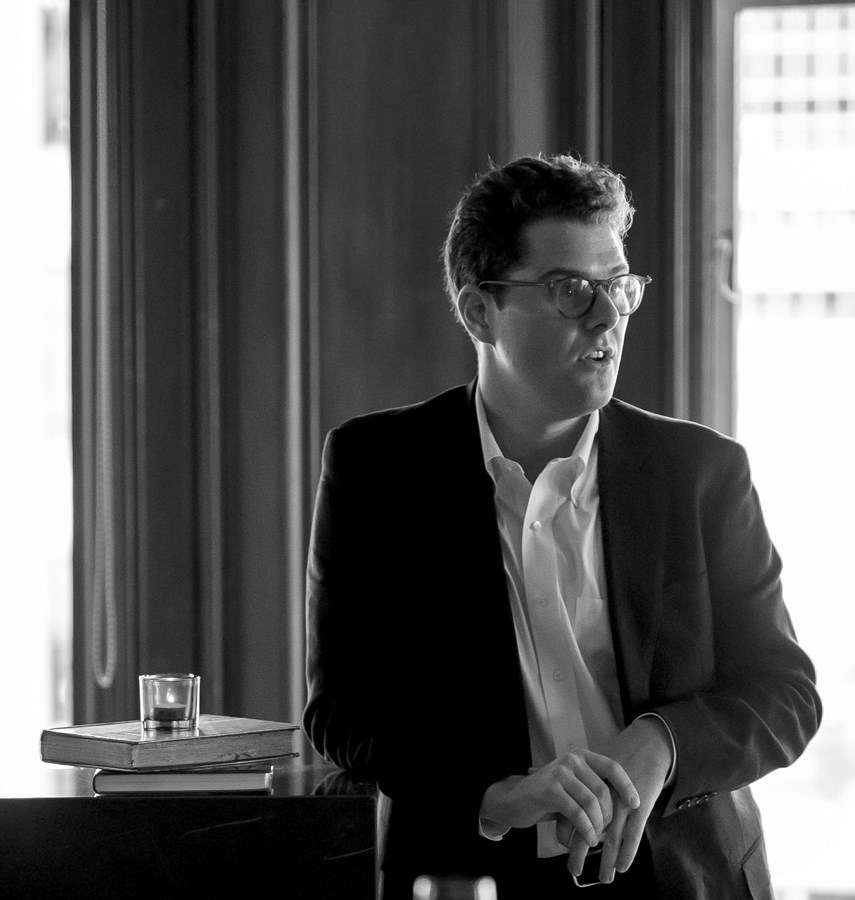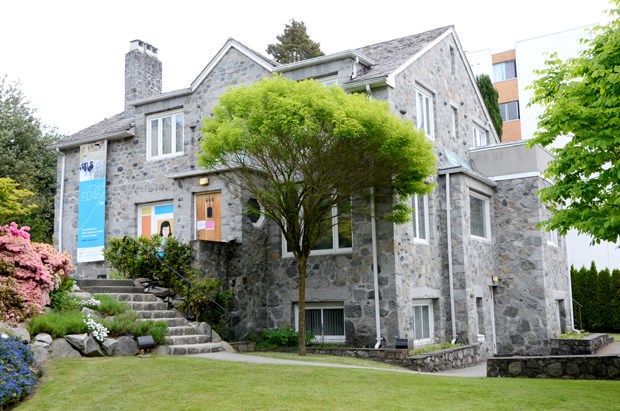For those in the business of collecting, it’s Spencer W. Stuart’s business to make sure they have all the information possible before adding another precious piece of ephemera to their collection.
You never know what you’ll find there among the boxes and cobwebs and bits and pieces scattered about, he says. And, he adds, you never know what kind of items collectors might be interested in acquiring.
Years ago, before starting his own consulting business, Stuart recalls Ernest Hemingway’s buckskin coat as well as an X-ray of the scribe’s fractured foot, taken during the First World War, making their way to Bonhams Auctioneers, where he was working at the time.
“The book is really just an encapsulation of an event,” says Stuart. “People are not only now interested in associated books, but they’re also interested in the objects that are connected to writers.”
Stuart is set to deliver a free public talk called Lifecycles: Collections and Collecting on Feb. 8 and 15 at 2 p.m. at West Vancouver Art Museum. The series will cover the range of lifecycles that a private collection can follow.
By exploring a number of case studies that focus on fine art, antiquarian books, vintage photography and rare prints, Stuart will trace the origins and development of a number of collections. While he’ll examine the business of collecting from the point of view of both an institution, such as a museum, or an individual collector, he says the event is aimed at those that “have the inkling that they think that they’re collectors, or that they’ve got something that they’re interested in and they want to set out on that, and what’s the process of that.”

In Stuart’s professional practice, he advises collection development and cataloguing, with a speciality in rare books, prints and photography. But, he notes, what’s truly unique about collecting is the unpredictable nature of what will become a collector’s item.“What we collect changes, however, the impulse to collect is quite ingrained in us and sometimes there are people who are collecting things that society itself has not even identified as being culturally relevant — but will,” he says.
Citing an individual collector he knew who collected real estate pamphlets from the Mission District neighbourhood of San Francisco from the 1980s to present day, Stuart says you’d be surprised what gems may crop up that serve as important pieces of history.
“His collection has basically become an object example of real estate price changes.”



